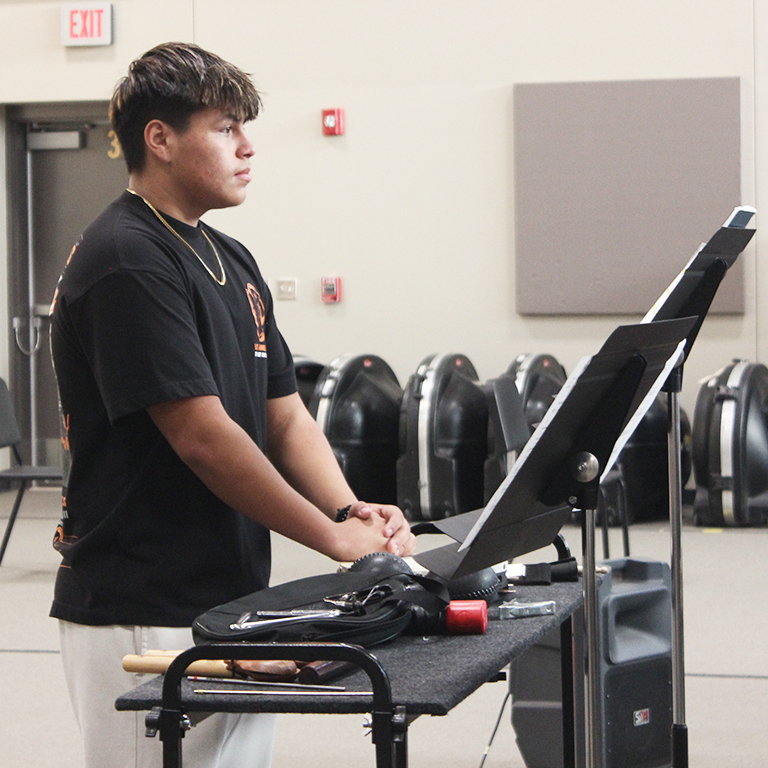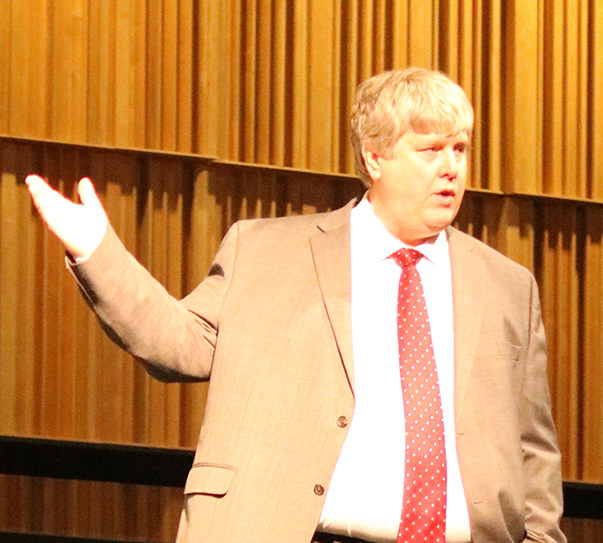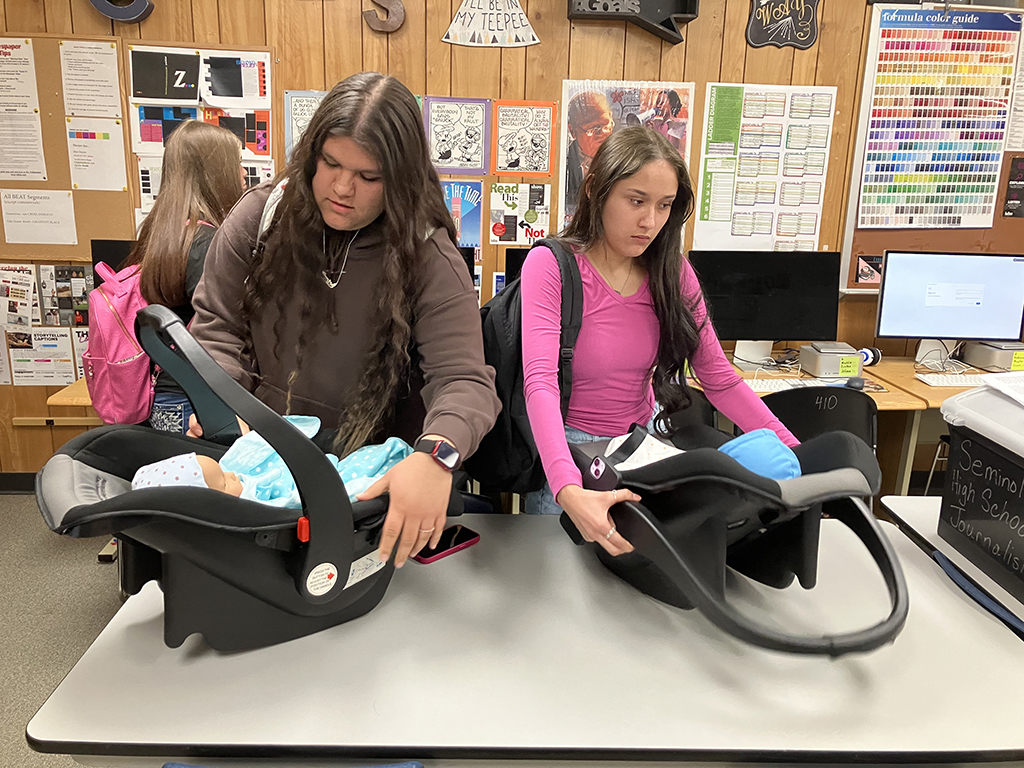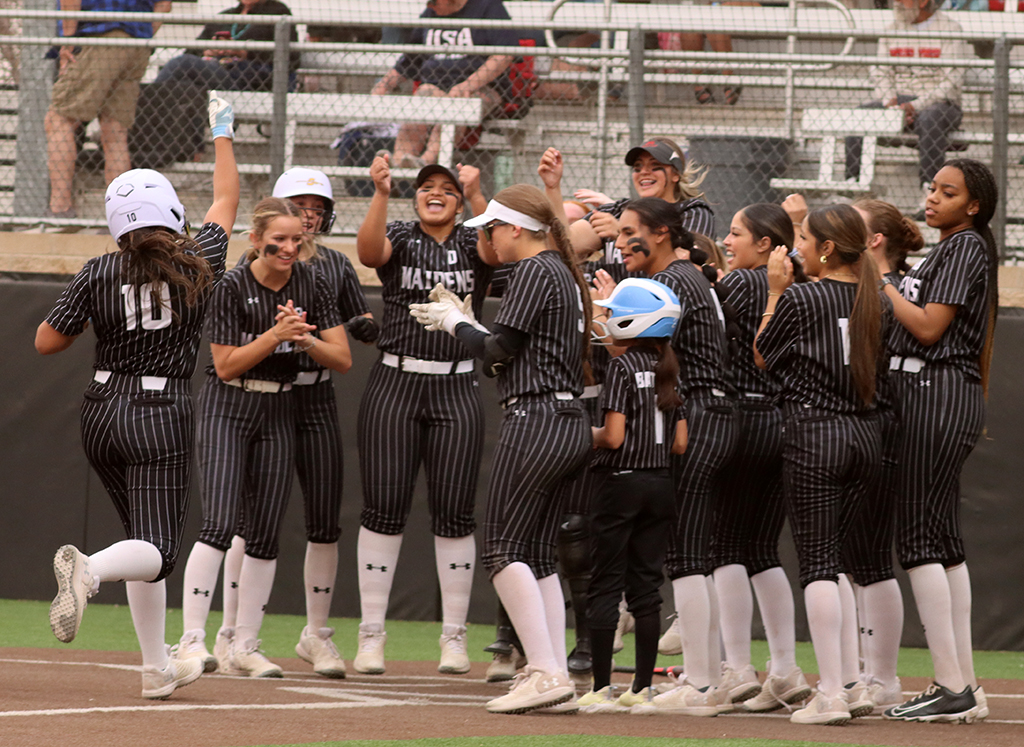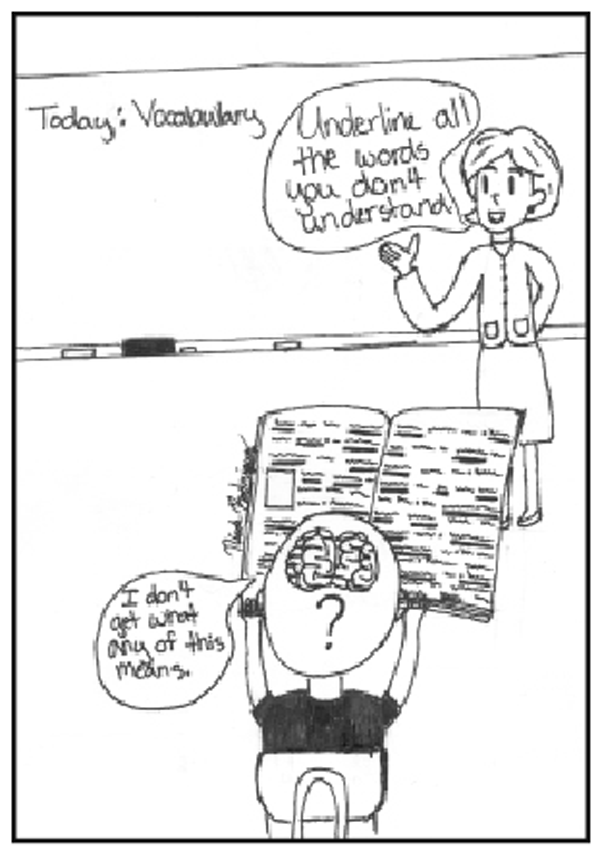OUR VIEW: Reading will always be fundamental
Reading is one of the most important skills in our society because it’s necessary for basically everything from high school to theoretical physics to setting up a new TV. It’s nearly impossible for most people to imagine going through everyday life not understanding the billboards and signs that surround them, and for good reason. Our society depends on the premise that most or all people are at least decent readers. It’s not surprising, then, that avid readers who practice this necessary skill often benefit hugely, and those who don’t never quite reach their full potential.
Besides being extremely necessary for everyday life, reading is beneficial to learn vocabulary because books have much higher vocabulary than everyday speech or even speech found on television or in movies. Reading is the only way a person can expose him or herself to higher level words. Even children’s books, actually, have stronger vocabulary than everyday adult speech, so it makes sense that children who are read to and read from a young age have much higher vocabularies growing up than kids who don’t. Children’s minds are open like sponges so it makes sense that this is when a good foundation begins in reading.
Vocabulary, for one, is a high indicator of success. In other words, those with high vocabularies are much more likely to succeed in life than those who with low ones. The reason is that a strong vocabulary makes a person more precise in his or her language leading to fewer misunderstandings and the perception of higher intelligence. It’s also, of course, linked to higher grades in school and stronger performances on tests. This is in part because impressive writing depends on vocabulary and vocabulary aids in creative thinking and problem solving. People with higher vocabularies have more words linked to ideas therefore provide wider avenues of thinking. It’s easier in some ways for them to break down old patterns of thinking and come up with creative new solutions.
People who never read as children have a harder time reading as adults, and they block themselves from the success that reading brings. This is because children who don’t read have a harder time breaking the spelling-to-sound barrier, or translating the marks on the page into distinguishable ideas. Then, when they get to school, they may not read as well as the other kids and are forced to try to interpret material that’s just too tough for them. All of this compounds to give them an overall negative impression of reading, so they never practice or get any better. At that point, they’re unlikely to ever have a good experience reading because most of their brain power as they read goes to simply trying to figure out what the word is in the first place. Reading comprehension, and therefore enjoyment, is extremely hindered.
In places with bilingual populations like Seminole, it can be difficult for children with little home English experience to form a positive impression of reading because they have to put so much effort into basic understanding. If someone hates to read and is struggling to understand complicated passages, it’s extremely important for them to practice, as unattractive as it might seem. Most impressions of reading happen at a young age, so it’s also important that someone read to children as often as possible to avoid these problems in the first place. Strong incentives from parents and from the school are a good idea, but disincentives further a negative association with reading. Teachers and parents ought to emphasize encouragement as opposed to punishment when it comes to reading.
Low test scores and long failure lists are avoidable, but it all links back to the same fundamental skill: reading. Just because a nonreader leaves school, it doesn’t mean he or she doesn’t keep hitting the brick wall. Reading is necessary for nearly every aspect of life, and those who deprive themselves of reading deprive themselves of success.





